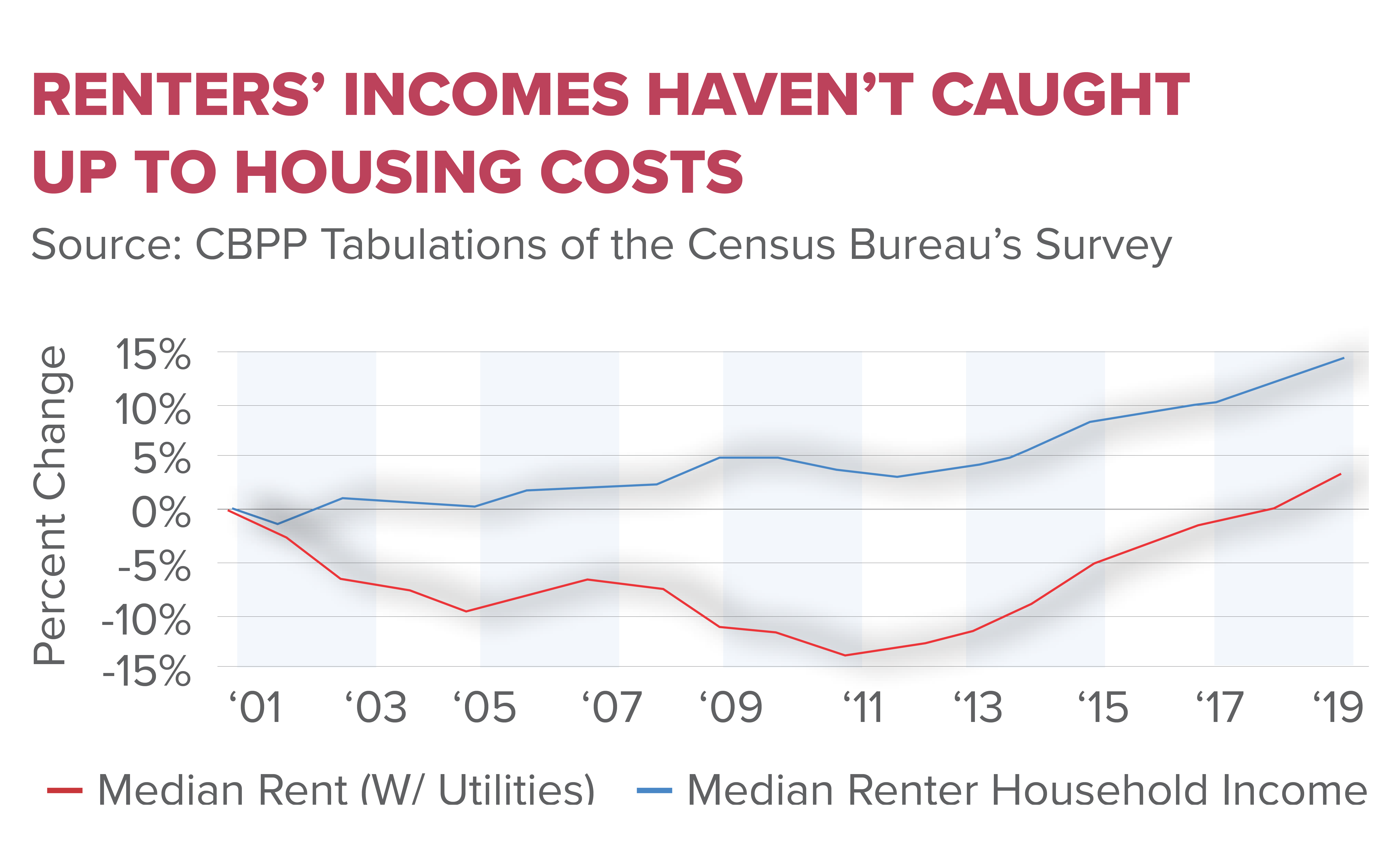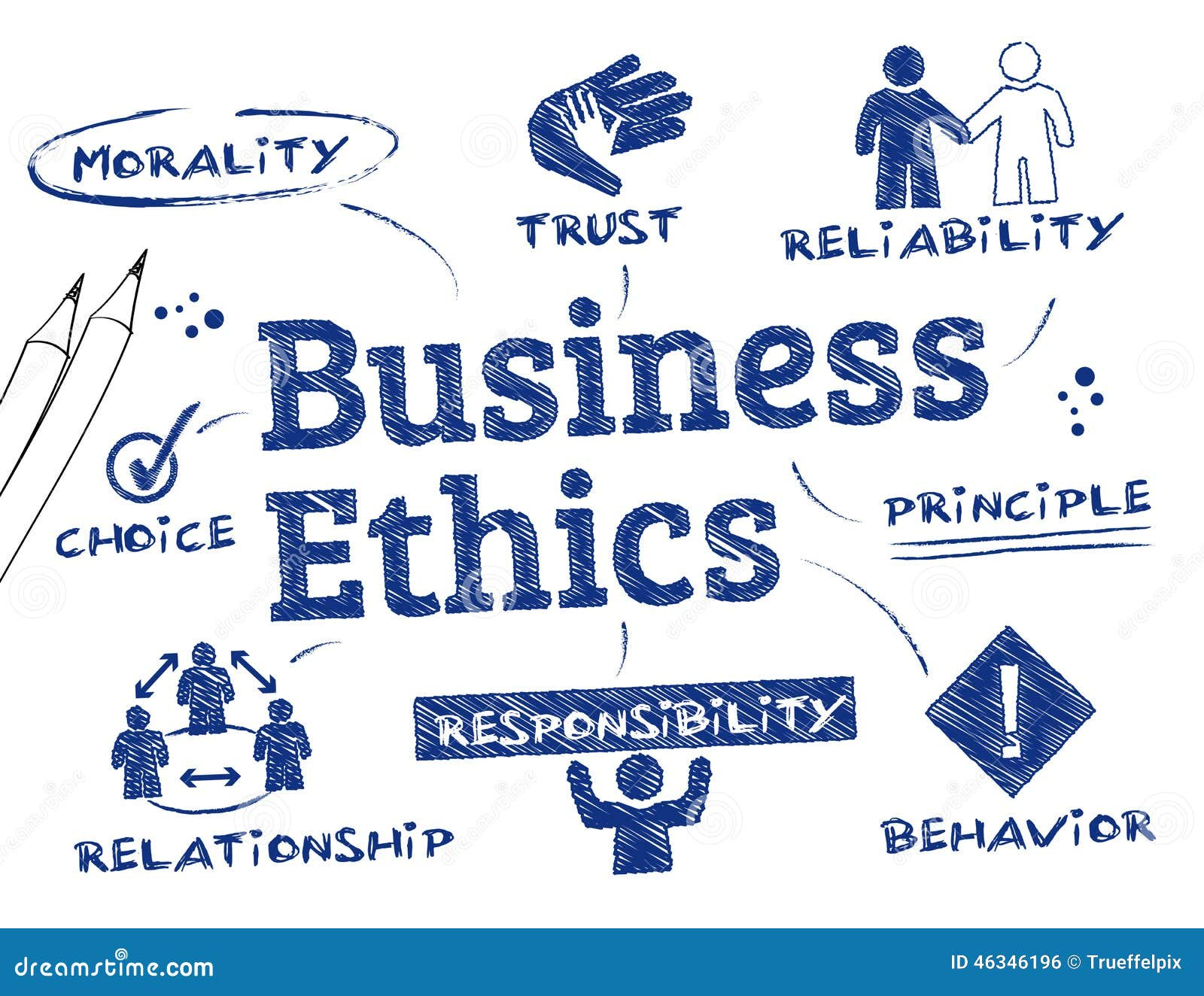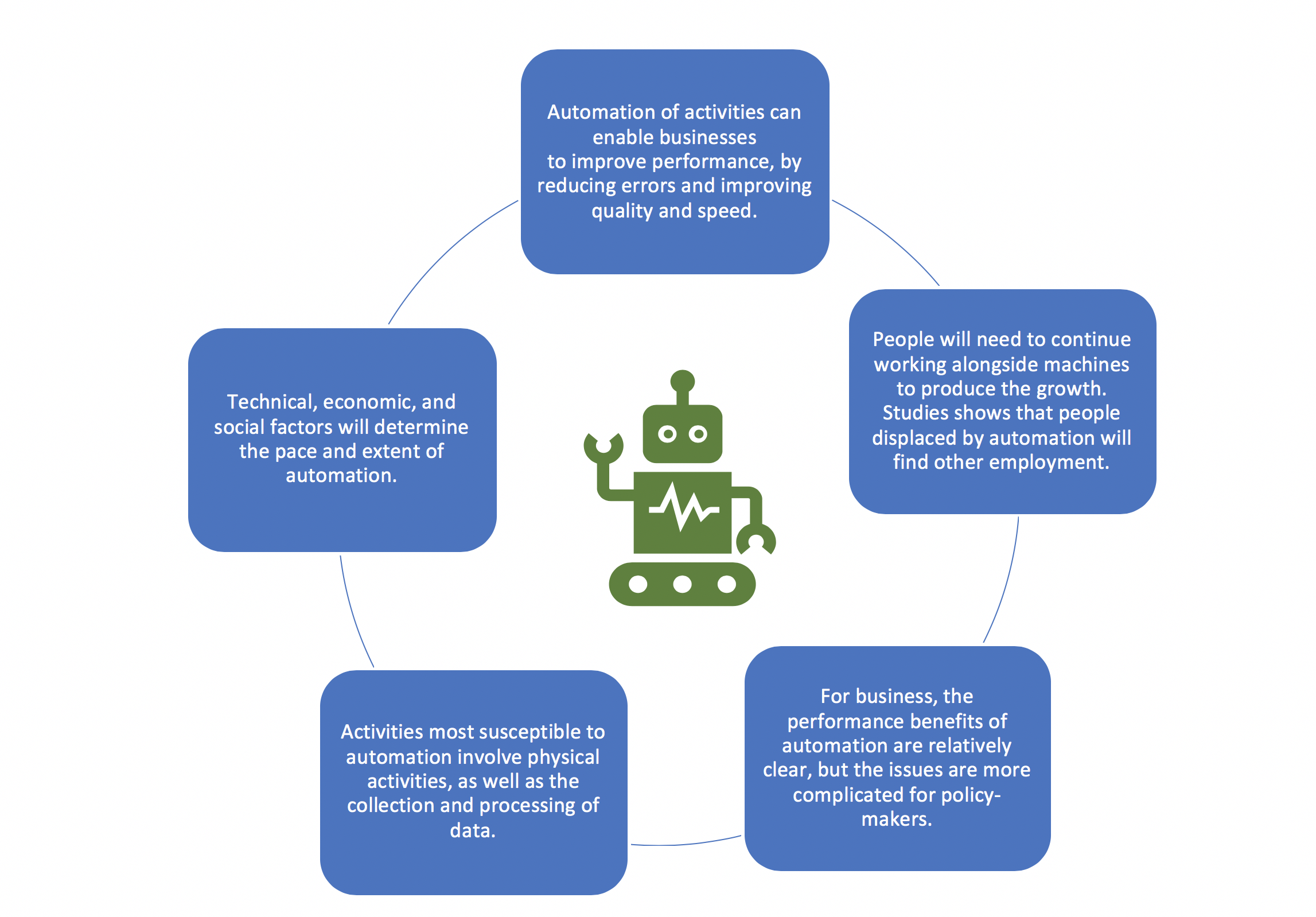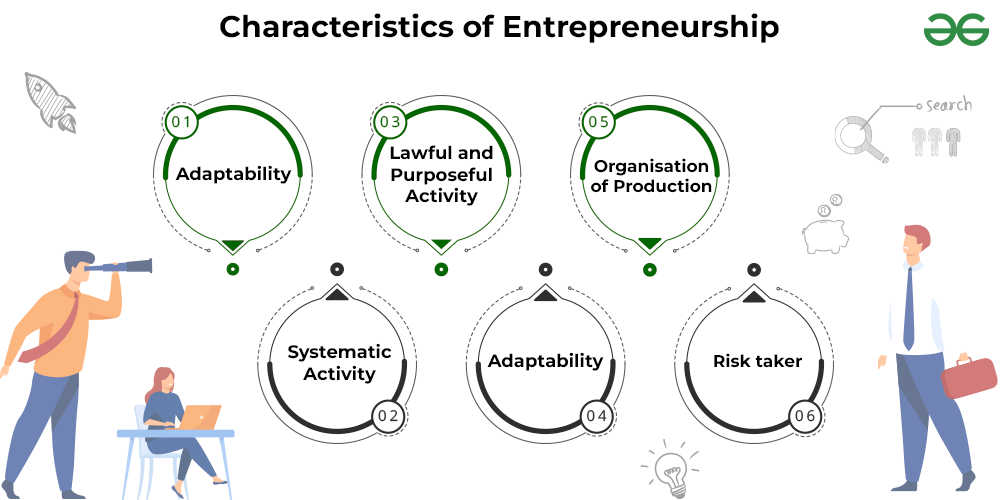Business ethics plays a crucial role in shaping the decision-making processes within organizations, ensuring that executives maintain integrity even in complex situations. In today’s corporate landscape, ethical decision-making is essential for establishing trust and transparency among stakeholders, especially as ethical dilemmas become increasingly multifaceted. Business leaders, such as Joseph Badaracco from Harvard Business School, emphasize that effective business decision strategies entail carefully navigating the fine line between right and wrong. By evaluating situations thoughtfully, leaders can better address the uncertainties and conflicting obligations they face. Ultimately, fostering a culture of ethical behavior not only safeguards a company’s reputation but also enhances its long-term viability.
The principles of corporate morality are vital for guiding organizations through the murky waters of contemporary commerce. Ethical governance ensures that corporate leaders confront dilemmas with both practical wisdom and moral responsibility, aligning their strategies with broader societal expectations. Executives, like Joseph Badaracco, advocate for a nuanced approach to ethical challenges, blending philosophical insights with pragmatic solutions to complex problems. Understanding the implications of each decision allows leaders to navigate the intricate relationships that define modern business practices. Thus, the intersection of morality and organizational strategies holds immense importance in today’s interconnected world.
Understanding Business Ethics in Modern Decision-Making
Business ethics has evolved significantly over the past few decades, adapting to the complexities brought about by globalization and technological advancements. The notion of ethics in business today extends beyond mere compliance with legal standards; it emphasizes the need for responsible and thoughtful decision-making processes. As Joseph Badaracco suggests, contemporary business leaders must grapple with a myriad of ethical dilemmas where multiple stakeholders are involved, and the consequences of decisions often ripple far beyond the immediate context. It is essential for executives to engage actively with these ethical considerations, recognizing that their choices impact not just shareholders, but also employees, customers, and society at large.
In this landscape, understanding business ethics involves not just applying moral principles but also navigating through the gray areas of decision-making. This requires a reflective approach, where leaders assess their central responsibilities and weigh the potential outcomes of their actions. The ability to make sound ethical decisions today is a skill honed through experience and critical reflection, emphasizing that business ethics play a crucial role in fostering trust and integrity in the corporate environment.
Frequently Asked Questions
What are some ethical decision-making strategies in business?
Ethical decision-making strategies in business often involve a structured process that accounts for various perspectives, including the ethical implications of a decision. Joseph Badaracco emphasizes the importance of understanding the specific situation and analyzing the potential consequences of decisions. By reflecting on what matters, identifying responsibilities, and considering stakeholder impacts, business leaders can navigate ethical dilemmas effectively.
How do ethical dilemmas impact business decision strategies?
Ethical dilemmas significantly complicate business decision strategies because they require balancing conflicting obligations towards stakeholders, shareholders, and legal standards. When faced with uncertainty, business leaders must assess the critical facts, understand the risks, and consult expert opinions, as highlighted by Joseph Badaracco in his work on business ethics.
How has Joseph Badaracco influenced ethical decision-making in business?
Joseph Badaracco has played a pivotal role in shaping ethical decision-making in business education by integrating moral philosophy with practical frameworks for analyzing ethical dilemmas. His contributions, which include the introduction of Harvard Business School’s first required ethics course, emphasize the importance of context and individual judgment in navigating complex ethical challenges.
What role does reflection play in the decision-making process for business ethics?
Reflection is crucial in the decision-making process for business ethics as it allows leaders to consider their central responsibilities and the implications of their choices. Badaracco’s research shows that many executives use reflective practices—such as quiet contemplation or discussions with trusted colleagues—to clarify their thoughts and assess what an ethical response should entail.
Why is understanding the decision-making process important for ethical business practices?
Understanding the decision-making process is essential for ethical business practices because it helps leaders recognize the complexities of ethical dilemmas. By employing a systematic approach to decision-making, which considers ethical responsibilities and potential outcomes, professionals can better navigate situations that lie in gray areas, ensuring their decisions align with their ethical standards.
What are the challenges of ethical decision-making in today’s business environment?
In today’s fast-paced and interconnected business environment, ethical decision-making faces challenges such as evolving stakeholder expectations, global considerations, and rapid technological advancements. These factors complicate the ethical landscape, making it essential for business leaders to develop robust decision-making frameworks that account for diverse perspectives and potential implications.
How can leaders avoid self-serving decisions in ethical dilemmas?
Leaders can avoid self-serving decisions in ethical dilemmas by actively seeking input from diverse teams and engaging in honest, analytical discussions about what is responsible and practical. By acknowledging potential cognitive biases and encouraging transparency in the decision-making process, leaders can cultivate a more ethical organizational culture.
What is the significance of avoiding the ‘gray areas’ in ethical decision-making?
Avoiding the ‘gray areas’ in ethical decision-making is significant because these areas often involve complex conflicts of interest and unclear regulations. By recognizing clear ethical standards and maintaining a commitment to responsible practices, decision-makers can prevent slipping into unethical territory and uphold their organization’s integrity.
How do ethical considerations shape business strategies today?
Ethical considerations increasingly shape business strategies today by compelling companies to engage with multiple stakeholders and address social responsibilities. As organizations become more politically active and aware of their influence, integrating ethical analysis into business decision strategies becomes essential for long-term success and sustainability.
| Key Points |
|---|
| Executives may unintentionally cross ethical legal lines, illustrated by cases like Sam Bankman-Fried and Elizabeth Holmes’ scandals. |
| The definition of business ethics has evolved from applied moral philosophy to a more context-driven approach focusing on situations and complexities. |
| Today’s business ethics challenges are more complex due to technological advances and global interactions. |
| Good and bad judgments in ethics exist along a spectrum, often relating more to subjective judgments than clear-cut legalities. |
| To make ethical decisions, involve diverse perspectives and reflect critically on responsibilities and practical outcomes. |
| Personal reflection is a valuable tool for decision-making that can enhance clarity in complex situations. |
Summary
Business ethics is crucial in today’s corporate landscape where executives often face complex moral dilemmas. To navigate these challenges, it’s essential to pause and analyze decisions critically, considering both ethical principles and practical implications. The shift towards a more contextual understanding of business ethics highlights the need for leaders to engage in reflection and seek diverse input, ensuring that ethical considerations are at the forefront of their decision-making processes.










